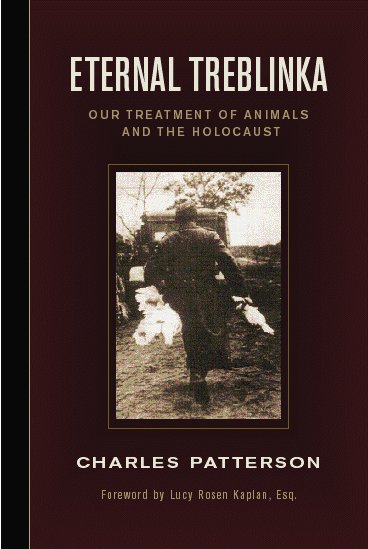 "nervous stomach." He suffered from indigestion and episodic
stomach pains that had troubled him since adolescence, as well
as from excessive flatulence and uncontrollable sweating. The
first evidence of his attempt to cure his stomach problems by
controlling his diet appears in a letter he wrote in 1911
while living in Vienna: "I am pleased to be able to inform you
that I already feel altogether well....It was nothing but a
small stomach upset and I am trying to cure myself through a
diet of fruits and vegetables."
"nervous stomach." He suffered from indigestion and episodic
stomach pains that had troubled him since adolescence, as well
as from excessive flatulence and uncontrollable sweating. The
first evidence of his attempt to cure his stomach problems by
controlling his diet appears in a letter he wrote in 1911
while living in Vienna: "I am pleased to be able to inform you
that I already feel altogether well....It was nothing but a
small stomach upset and I am trying to cure myself through a
diet of fruits and vegetables."Hitler discovered that when he reduced his meat intake, he did not sweat as much, and there were fewer stains in his underwear. He also became convinced that eating vegetables improved the odors of his flatulence, a condition that distressed him terribly and caused him much embarrassment. Hitler, who had a great fear of contracting cancer, which killed his mother, believed that meat eating and pollution caused cancer.
Nonetheless, Hitler never gave up his favorite meat dishes, especially Bavarian sausages, liver dumplings, and stuffed and roasted game. The European chef Dione Lucas, who worked as a hotel chef in Hamburg before the war, remembers often being called upon to prepare for Hitler his favorite dish. "I do not mean to spoil your appetite for stuffed squab [fledgling pigeon about four weeks old]," she wrote in her cookbook, "but you might be interested to know that it was a great favorite with Mr. Hitler, who dined at the hotel often. Let us not hold that against a fine recipe though."
Whatever his dietary preferences, Hitler showed little sympathy for the vegetarian cause in Germany. When he came to power in 1933, he banned all the vegetarian societies in Germany, arrested their leaders, and shut down the main vegetarian magazine published in Frankfurt. Nazi persecution forced German vegetarians, a tiny minority in a nation of carnivores, either to flee the country or go underground. The German pacifist and vegetarian, Edgar Kupfer-Koberwitz, fled to Paris and then to Italy where the Gestapo arrested him and sent him to the Dauchau concentration camp (see Chapter 8). During the war Germany banned all vegetarian organizations in the territories it occupied, even though vegetarian diets would have helped alleviate wartime food shortages.
According to the historian Robert Payne, the myth of Hitler's strict vegetarianism was the work of Nazi Germany's minister of propaganda, Joseph Goebbels:
Hitler's asceticism played an important part in the image he projected over Germany. According to the widely believed legend, he neither smoke nor drank, nor did he eat meat or have anything to do with women. Only the first was true. He drank beer and diluted wine frequently, had a special fondness for Bavarian sausages and kept a mistress, Eva Braun, who lived with him quietly at the Berghof.
There had been other discreet affairs with women. His asceticism was fiction invented by Goebbels to emphasize his total dedication, his self-control, the distance that separated him from other men. By this outward show of asceticism, he could claim that he was dedicated to the service of his people.
Hitler was, in fact, "remarkably self-indulgent and possessed none of the instincts of the ascetic," writes Payne. His cook was an enormously fat man named Willy Kannenberg, who produced exquisite meals. "Although Hitler had no fondness for meat except in the form of sausages and never ate fish, he enjoyed caviar and was a connoisseur of sweets, crystallized fruit, and cream cakes, which he consumed in astonishing quantities. He drank tea and coffee drowned in cream and sugar. No dictator ever had a sweeter tooth."